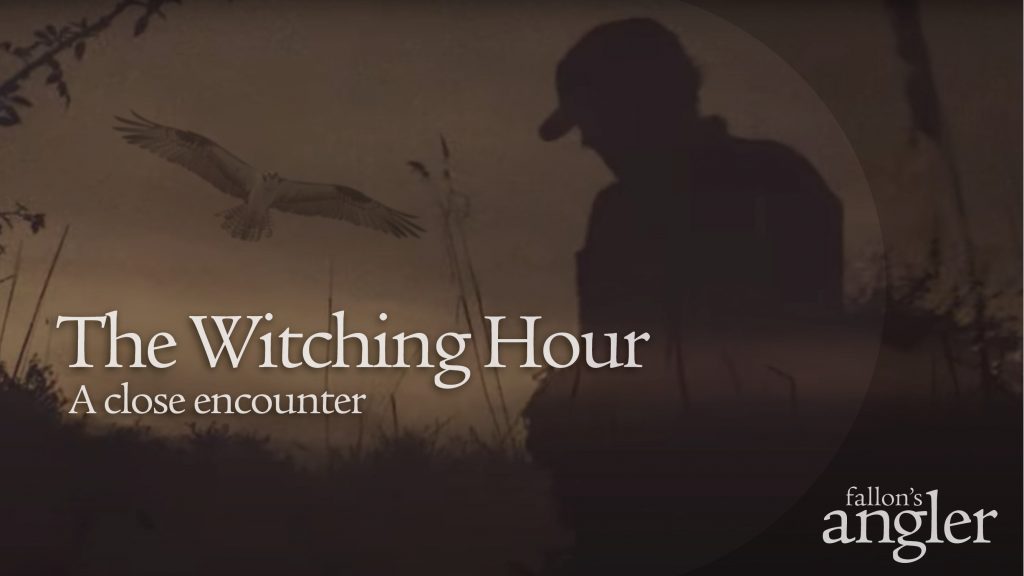
(Caution: contains spoilers)
Fishing at dusk and dawn can be very rewarding. There’s something about being by the water and out in nature when most people are tucked up in bed. Being outside after the world has gone to sleep, or before it has woken up, allows us to experience some of the quiet of the natural world. And ironically, that period of quiet can be when nature is at its loudest. Fishing in between dusk and dawn, when darkness has firmly taken hold, can be both terrifying and rewarding, the mystery and magic of the watery world is magnified as we fish into the black, our eyes useless, the hairs on our backs standing to attention.
With family responsibilities I don’t get to fish into darkness very often. Between March and October, campfire duties invariably call before the sun has fully set and I’m required back at our caravan to burn a steak or make a hash of the sausages. Family time around the fire is cherished, but I often regret leaving the bank just as things are getting interesting.
Where I fish also has a healthy population of cattle. They’re curious creatures, and you have to be on guard lest you get trampled under their compulsion to investigate in numbers. As a result, I’m not a huge fan of fishing late on my own either. So, when it came, the chance to fish dusk, dark and dawn on a favoured stretch was too much to ignore.
As we’re all aware, despite the best of preparations and the most positive of outlooks, fishing has a habit of throwing spanners, and the first was that the river was flowing the wrong way.
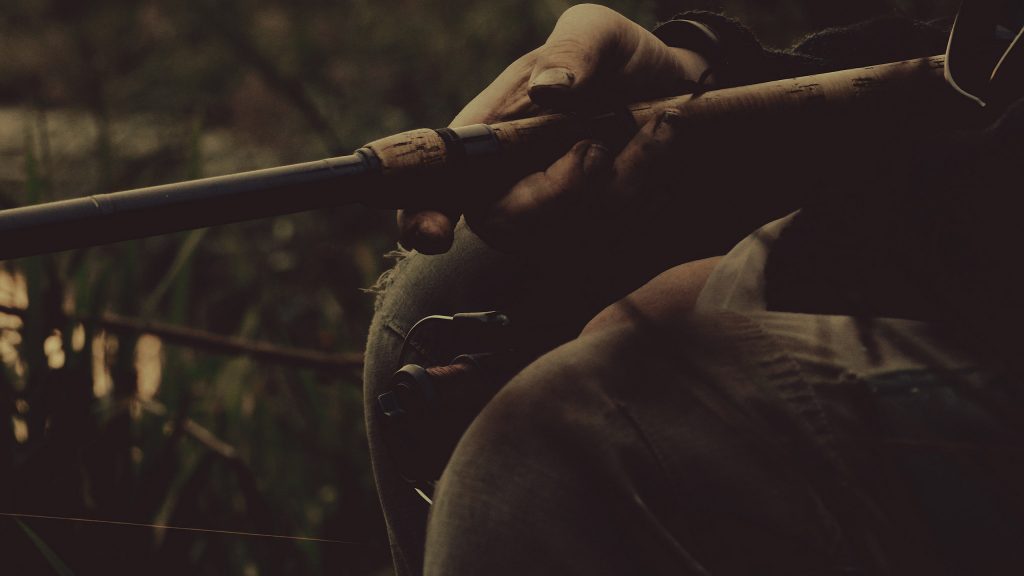
On this river, the EA often have to pump water in from a system of ditches and drains to regulate levels across the landscape. On occasion, this means that instead of flowing towards the sea, the river seems to do the opposite, which can evidently confuse the fish as much as the angler, as it often switches off entirely. The swim I’d chosen on a stretch noted for its elusive tench, bream and carp, had fished well for perch the week before and showed glimpses of potential as I nudged into dusk, enough to encourage us to return to film there. But on arrival, the float was being pulled by the current in the opposite direction. Though I caught several small perch, nothing of note came to hand, and the swim went dead as darkness fell. We fished well into darkness, but the starlight sat motionless like a minuscule lighthouse that didn’t turn. I imagined it moving, but it never did, and I started to feel ill watching it do absolutely nothing at all, imagining it disappearing, when it never did. With hope firmly diminished, we retired to a country pub to seek warmth, regroup, and lick our wounds.
Suitably rejuvenated, we returned to the river well before first light. The first thing we noticed was that it was flowing in the right direction, so we were optimistic. Eyesight strained as I tackled up in near darkness, but we felt we had more chance of a decent fish if we moved to a nearby bend, fishing a slight ridge underwater where the river curves. Then the rain came down in that incessant way that rain sometimes does, anxious to irrepressibly quench the thirst of the land.
As I watched Nick the cameraman under the dry safety of his umbrella, I cursed the fact that the last time I saw mine was when the wind took it into a river and I watched it sail briskly downstream and out of sight. In any case, it would have made filming very difficult, so I was resigned to sitting out the rain under the security of my ancient Barbour jacket. The magic of the dawn did the rest, a soft mist and crepuscular light clinging to the land, lengthening the start of the day and nursing me through any discomfort with the anticipation of something to happen. But optimism can only endure so much.
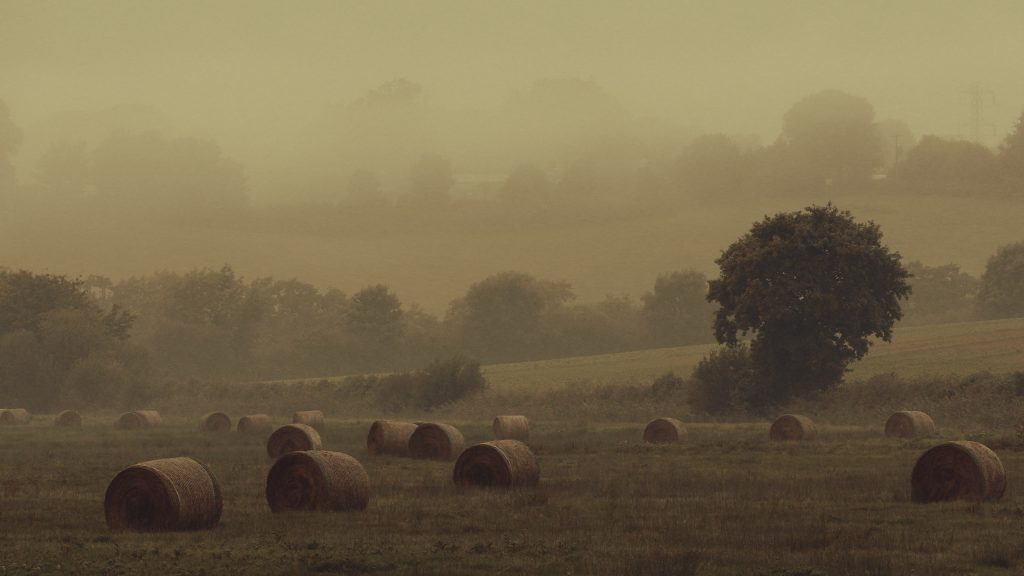
Reacting to conditions is an essential part of angling, and I was slow to it. But I changed from float to feeder tactics and from worm to maggot. I built up the swim with regular and accurate casting, keeping the bait small and fished for bites. Tiddlers started to come to hand and brought hope as a gap in the weather threatened, then the rain came again and we adjusted to the fact that we were slowly losing faith.
In desperation, I thought in that moment, “What would Chris do?” Chris is a believer in omens as well as in the power of Izaak to deliver to those who deserve it. I have, in my shame, remained sceptical of this. But with nothing to lose, I said my prayer, crossed my fingers in hope, and sat back with the water dripping heavily down my neck.
The next minute the rain stopped, and a huge raptor flew over our heads, following the meander of the river, its wings broad like the branches of an oak. We have grown used to seeing marsh harriers at the river, but this was bigger, so we continued to watch in a curious mixture of confusion and awe. Then it dived from a great height and slammed into the water with a huge splash, lifting slowly back into the air, its feathers dripping in water, with a fish in its talons. My first osprey, on my favourite river. Then the quivertip slammed around, and I was into a fish.
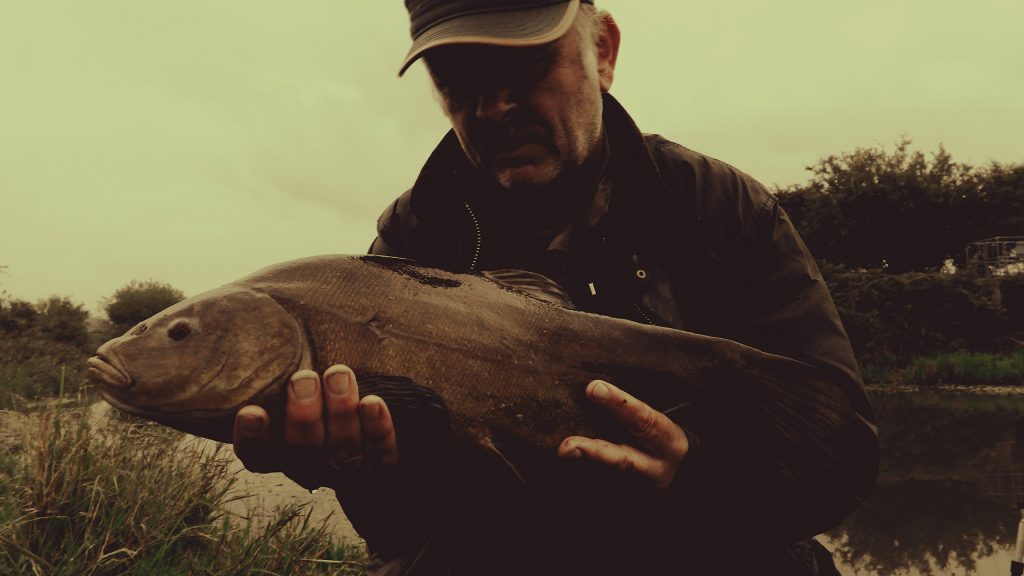
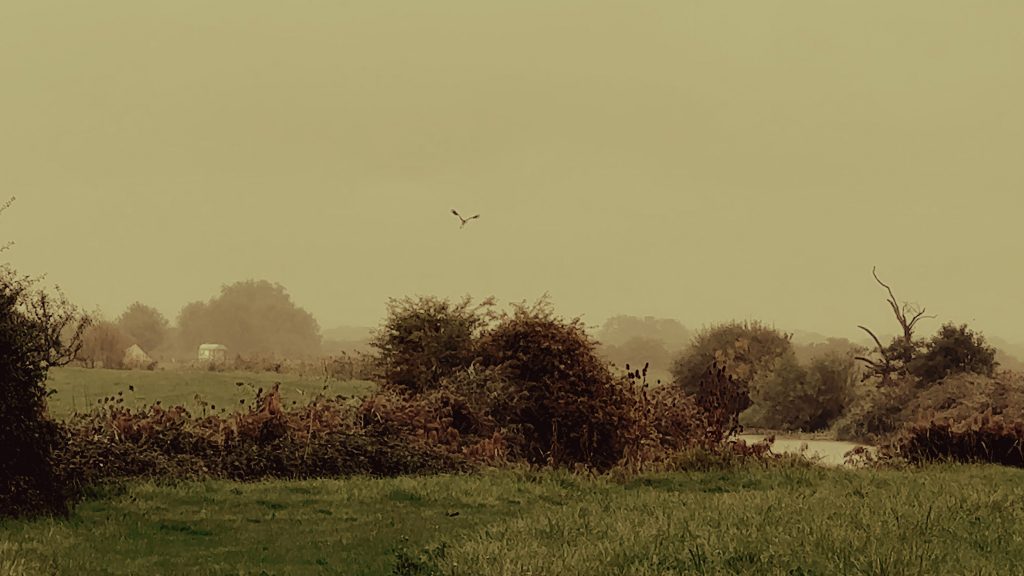

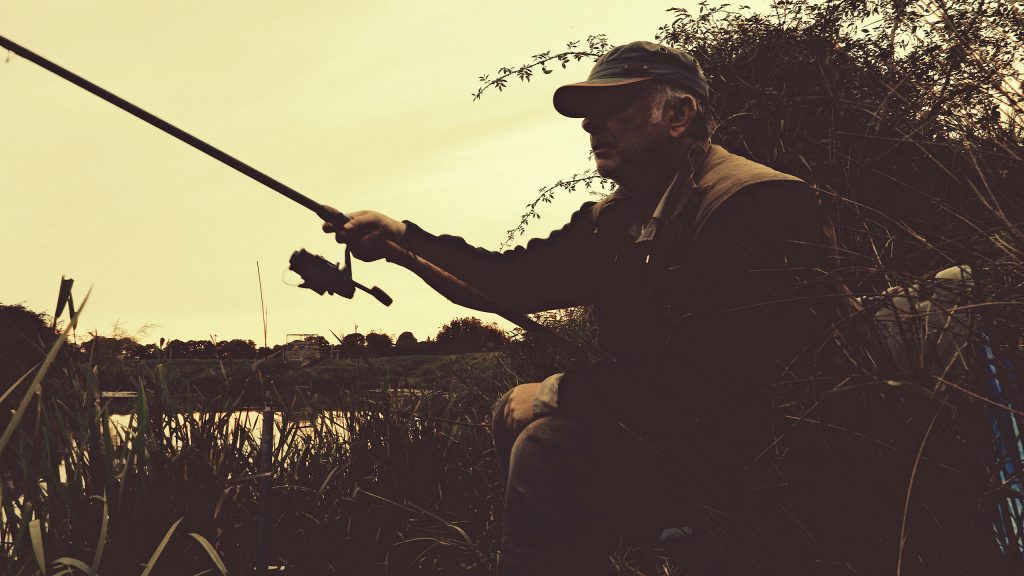
Loved the film and the story